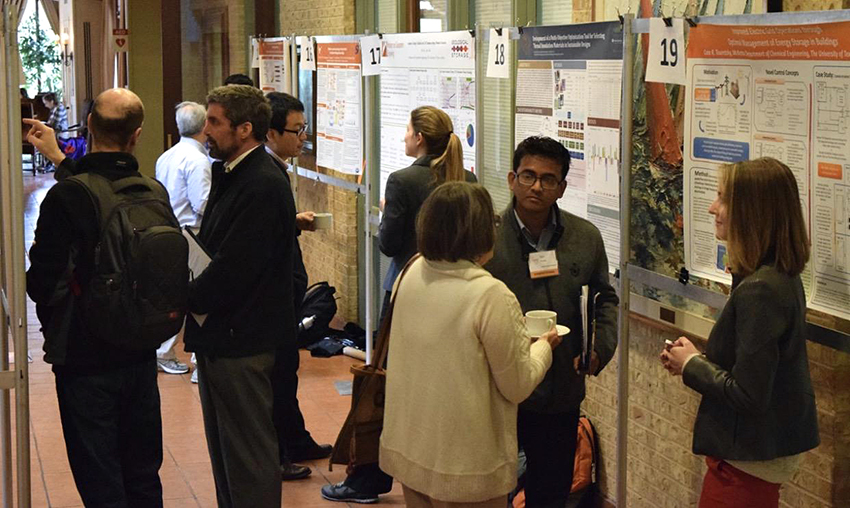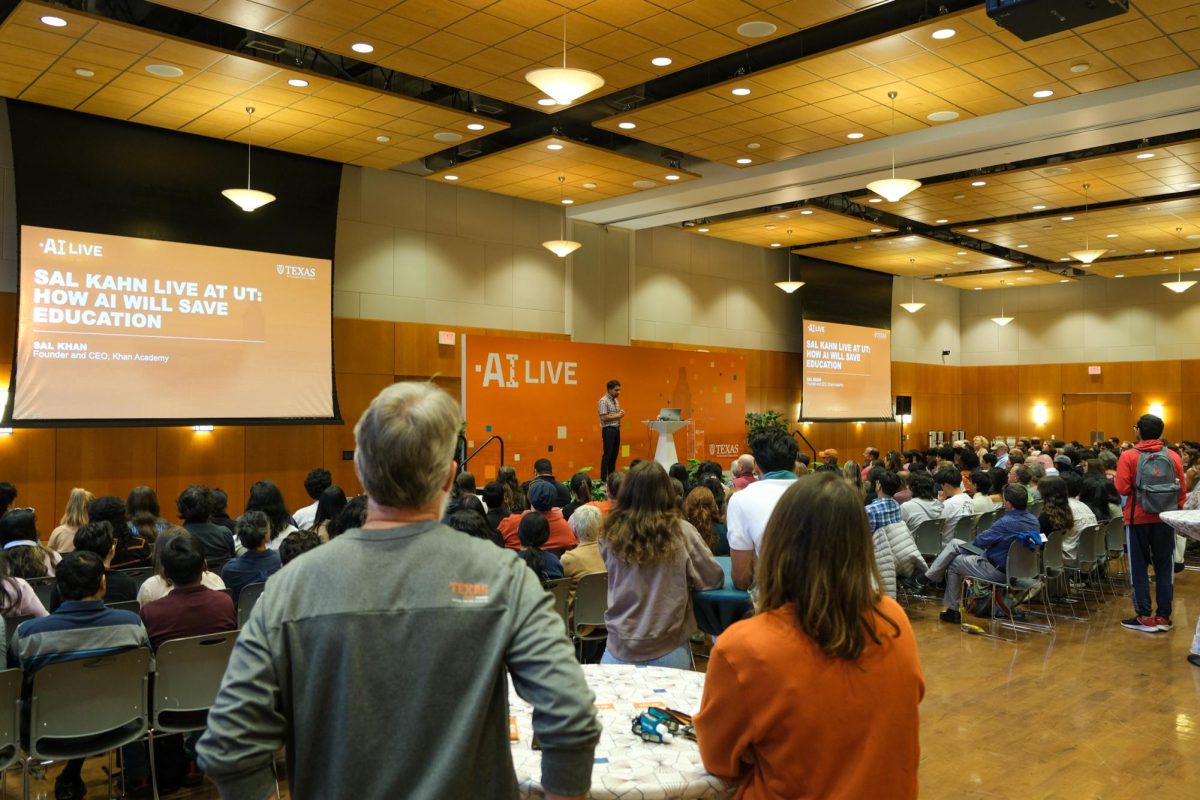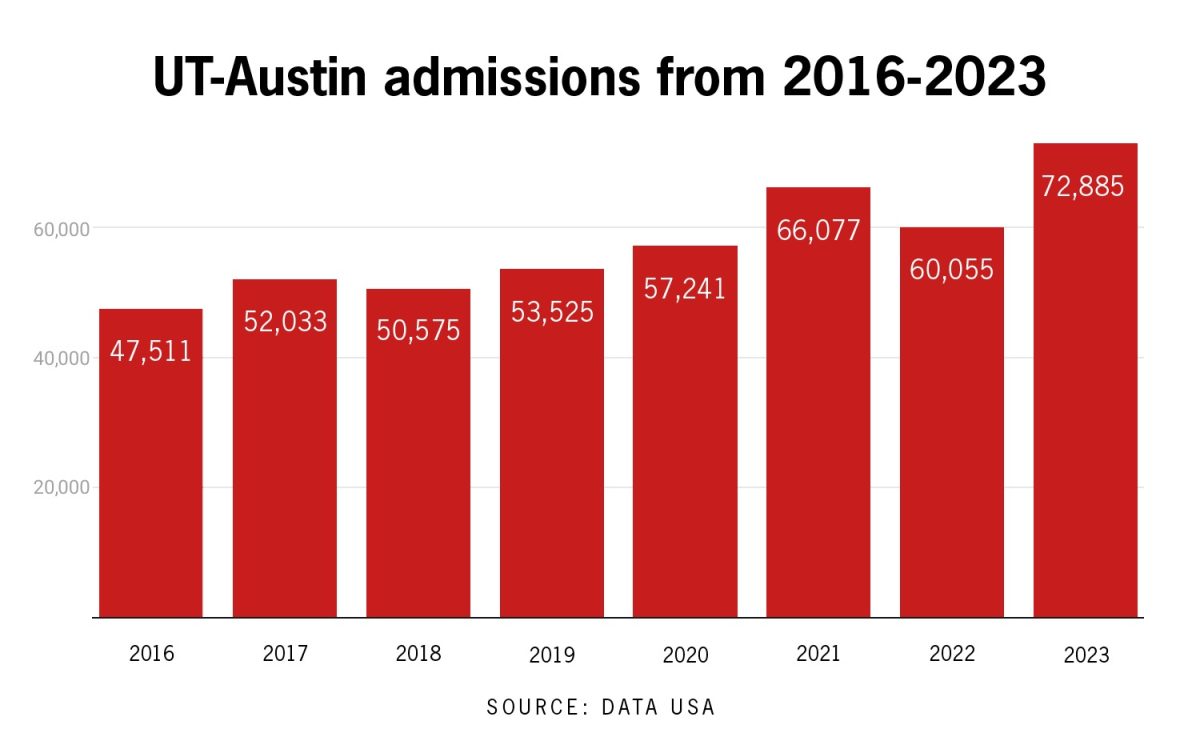Once a year, UT hosts a full week of speakers and events outlining the importance of renewable energy — and what UT faculty and students are doing to help.
UT Energy Week is hosted by faculty from the Energy Institute on campus and students from the Longhorn Energy Club.
John Adamo, energy and earth resources graduate student and president of Longhorn Energy Club, LEC, said the week is intended to connect the topic of energy to people.
“It’s really about engaging those who are energy professionals as well as energy enthusiasts,” Adamo said. “Even for somebody who may not know a lot about energy, we try to create content at a level that can create strong interest in those who attend.”
The events start Monday with opening remarks from President Gregory Fenves and end Friday with a symposium hosted by the Texas Journal of Oil, Gas, and Energy Law, a student-run journal advocating scholarship in the energy legal field. There will be UT Energy Tours, panel discussions and many other events that are open and free to the public throughout the week.
During the week, there will be a research poster contest for undergraduate and graduate students, to promote energy research in academic communities. The top prize for the contest is $500.
“It is important for all people to be involved in understanding and shaping our energy system,” said Carey King, assistant director of the UT Austin Energy Institute. “But for students in particular, right now is a great time to be involved in energy education and work in the energy industry. The energy industry has changed more in the past 10 years than the previous 60.”
Thomas Edgar, director of the UT-Austin Energy Institute, said researchers at the Energy Institute work on all types of energy solutions that reduce energy consumption and provide new sources of energy while protecting the environment.
“UT Energy Week is the largest event of its type in the U.S. and it brings many outside experts to Austin to provide a great educational experience for students and faculty,” Edgar said in an email.
Energy Week provides platforms for people and organizations with different perspectives to have a constructive dialogue and is an example of the Energy Institute’s leadership in promoting energy education, King said.
“Words (such as) sustainability and clean are what people use to describe futures they want, but often they are not specific or defined well enough for people with different perspectives to come together and seek a common decision on energy system investments and policies,” King said.
Adamo said the importance of energy pushes him to pursue a career in the field.
“It keeps getting me out of bed in the morning,” Adamo said. “To me it’s very fascinating to see how energy touches so much of what we do in our life, and figuring out how to make that as clean as possible is what I’ll spend my entire career on.”


















